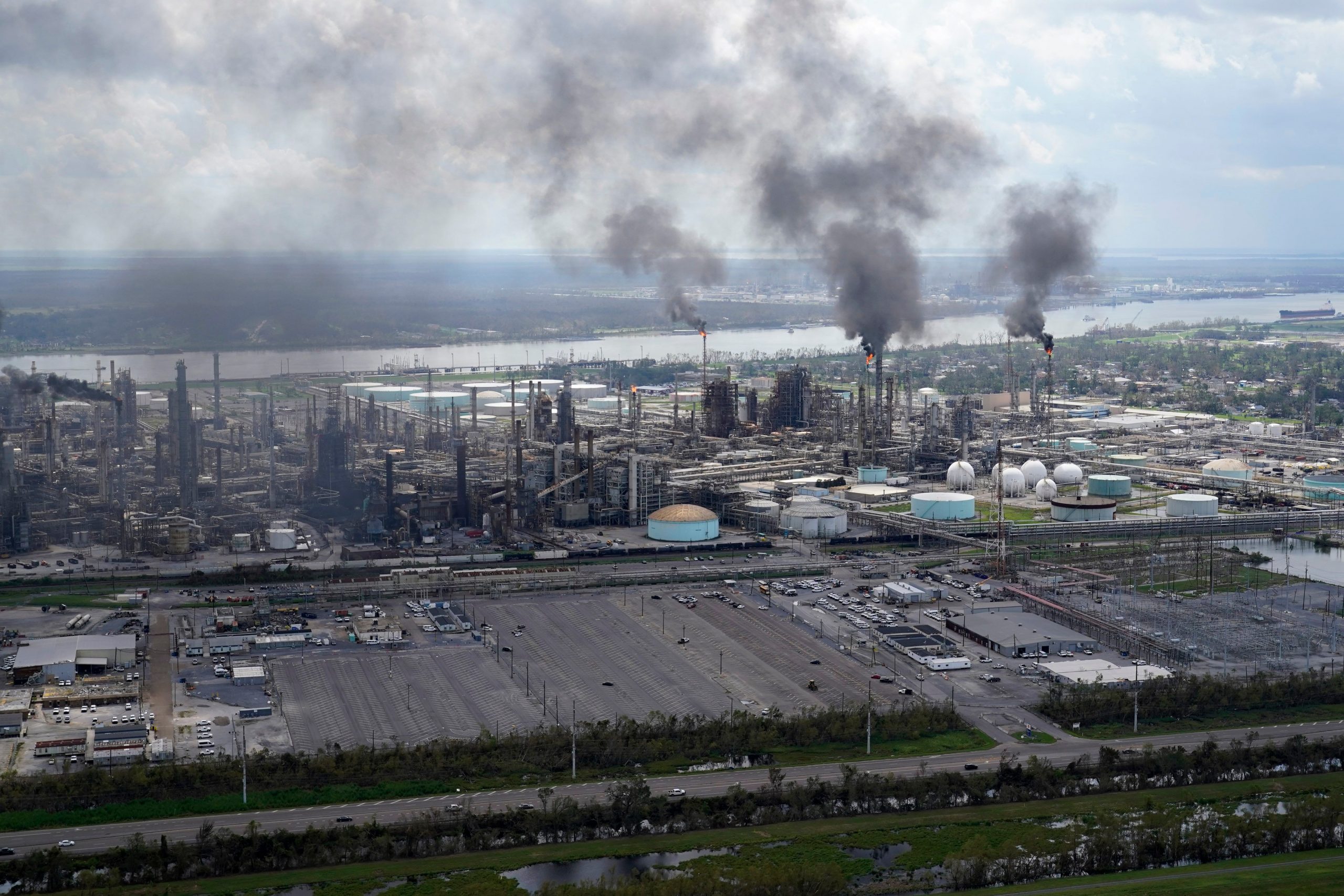Air pollution is just not harmful to the lungs. But a new study shows that it acts as a detriment to the neurodevelopment of a child. The University of Washington in its latest study has found out that, women who were exposed more to air pollutants in their first and second trimesters give birth to children with cognitive issues and later behavioral abnormalcy. The study published in the June edition of Environmental Health Perspectives revealed that women with higher nitrogen dioxide (NO2) exposure in their initial pregnancy days is associated with children with poor behavioral functioning.

Although the new study has caused a stir in the medical world, earlier studies with lower participants also pints to the same phenomenon. A study in California found that higher particle pollution levels increased the risk of preterm birth. Pregnant women exposed to comparatively low levels of particle pollution had a higher risk of preterm birth, finds Boston Study. An Australian study found that preterm birth is directly associated with higher particle pollution.
Also Read: Air pollution in India could make it difficult to fight COVID-19: Study
Researchers from the University of Washington also finds that children between the age of two and four who experienced higher small particle pollutants (PM2.5) tend to grow cognitive issues and behavioral patterns in later lives. “This study reinforces the unique vulnerability of children to air pollution — both in fetal life where major organ development and function occurs as well as into childhood when those processes continue. These early life perturbations can have lasting impacts on lifelong brain function. This study underscores the importance of air pollution as a preventable risk factor for healthy child neurodevelopment,” said senior author Dr. Catherine Karr, a professor in the UW School of Public Health and School of Medicine.
Also Read: Delhi’s air quality likely to worsen due to stubble burning
The first few years in the life of a child are considered to be the most important. Since the brain reaches 90% of the future adult size then, researchers find. In the ongoing years, brain development remains at a very critical stage as the number of neural connections explodes. Therefore inhaling intoxicant particles reaching deep into the central nervous system through the lungs can cause great damage to their motor actions, including how they talk, walk and behave.
The study being done on almost 2000 mothers across several cities across the United States shows the larger repercussions of air pollution in prenatal as well as postnatal conditions. The study underscores the impact of air pollution as a preventable risk factor in the healthy development of a child. Kimberly Yolton, Ph.D., director of research in the Division of General and Community Pediatrics at the American Academy of Pediatrics, stressed upon pregnant mothers’ responsibilities to save themselves and their children from the probable although inevitable risk. Patrick Ryan, a Ph.D., Division of Biostatistics and Epidemiology at the AAP, does not shy away from calling out climate change as the core factor of all the stimulating problems.






